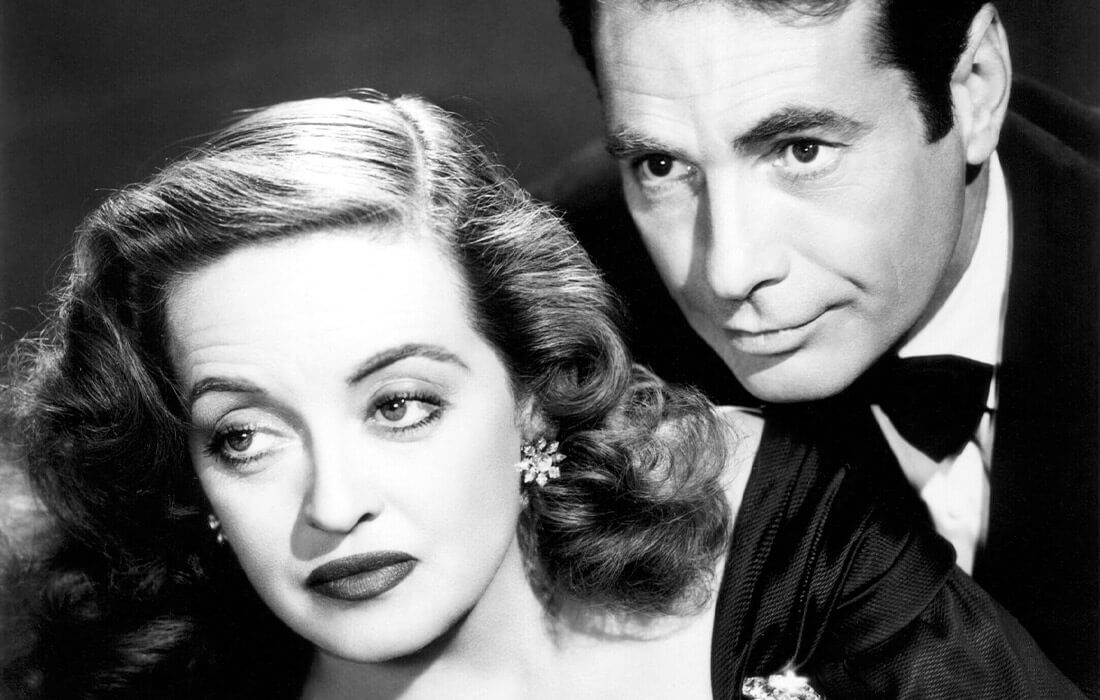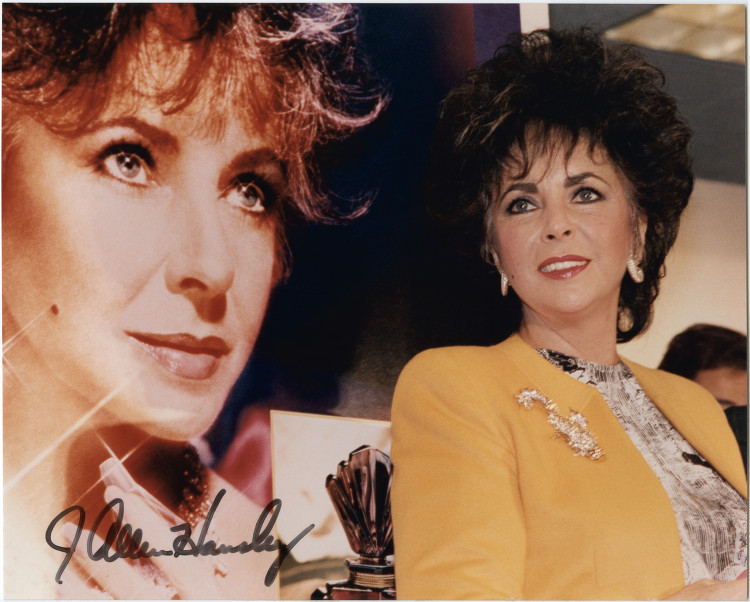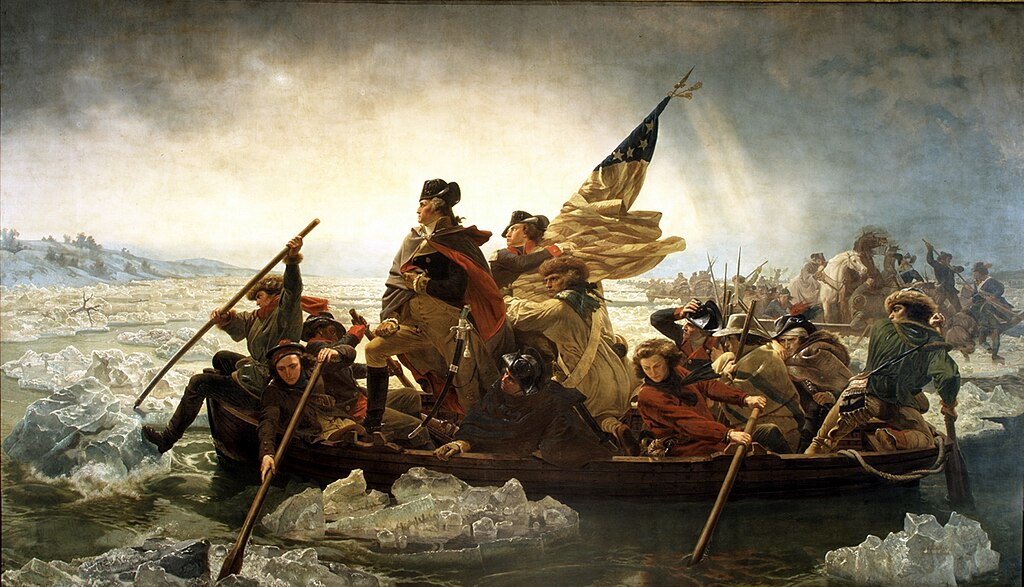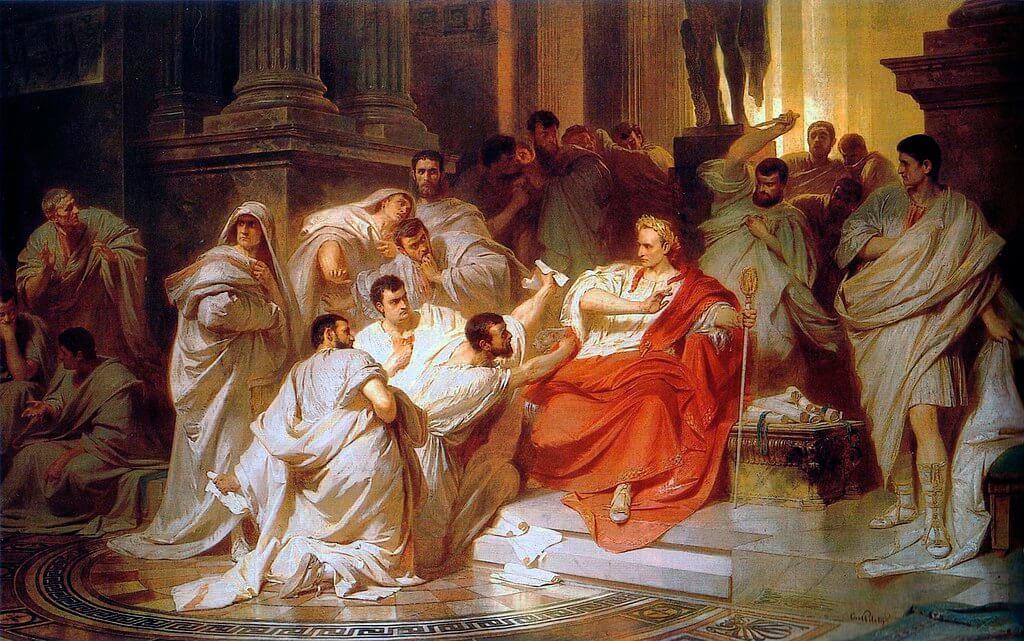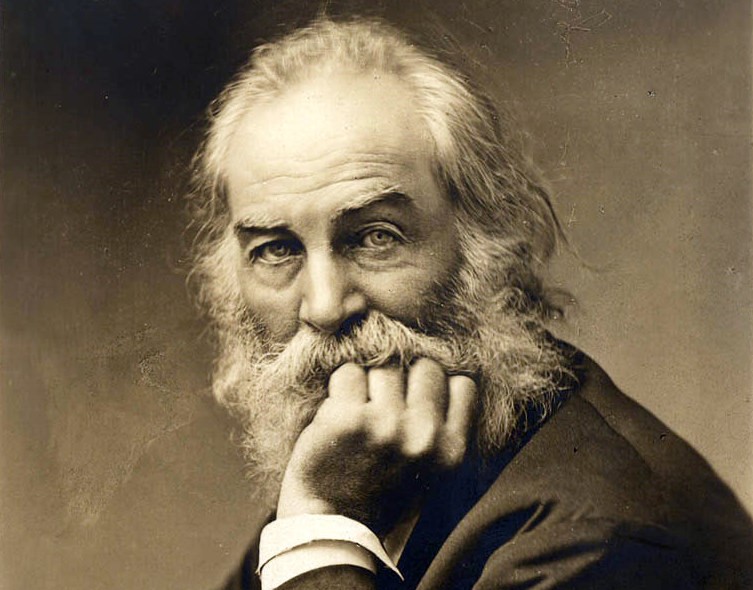
Walt Whitman: Unveiling the Lesser-Known Facets of a Celebrated American Poet
A Poetic Pioneer: Exploring Walt Whitman’s Early Life
Walt Whitman, one of the most influential American poets of the 19th century, is best known for his groundbreaking collection of poetry titled “Leaves of Grass.” Born in 1819 in West Hills, New York, Whitman’s innovative writing style and bold themes set him apart from his contemporaries. While his work is widely celebrated, there are several lesser-known, fascinating aspects of his life that merit attention.
From Journalism to Poetry: Shaping Whitman’s Unique Voice
Whitman’s early career was rooted in journalism, and he worked as a printer, teacher, and journalist in his youth. He even founded and edited his own newspaper, The Long Islander, at the age of 19. This experience in journalism allowed Whitman to develop a unique writing style, which later influenced his poetic voice and contributed to the creation of his free verse style.
Champion of Equality: Whitman’s Support for Women’s Rights
It is less commonly known that Whitman was a staunch supporter of women’s rights. He admired the work of suffragists like Susan B. Anthony and Elizabeth Cady Stanton, and he was an advocate for equal pay for women. His poem “A Woman Waits for Me” highlights his progressive views on gender equality and his belief in women’s potential.
The Impact of War: Whitman’s Experiences as a Civil War Nurse
During the American Civil War, Whitman volunteered as a nurse in Washington, D.C., where he tended to wounded soldiers. His experiences in the hospitals profoundly affected him, and he later wrote about them in his collection of poems, “Drum-Taps.” Whitman’s firsthand accounts of the war’s devastating effects provided a stark contrast to his earlier, more optimistic writings.
Wanderlust and Inspiration: Whitman’s Love for the American Landscape
Walt Whitman was also an avid traveler, and his journeys across the United States helped shape his poetic vision. He was particularly drawn to the American West, which he saw as a symbol of freedom and opportunity. These experiences inspired some of his most iconic works, such as “Song of the Open Road” and “Song of Myself,” which celebrate the vastness and diversity of the American landscape.
A Glimpse into the Creative Process: Whitman’s Handwritten Manuscript for “Broadway”
A fascinating artifact in Whitman’s literary legacy is his handwritten manuscript for “Broadway.” This piece, which captures the bustling energy and excitement of New York City’s famous thoroughfare, showcases Whitman’s distinctive style and his keen observational skills. As a poet deeply connected to the urban landscape, Whitman manages to bring Broadway to life through his vivid descriptions and profound understanding of the city’s character. The existence of this manuscript not only offers valuable insight into Whitman’s creative process, but also serves as a testament to his enduring connection to the ever-changing metropolis that inspired much of his work.
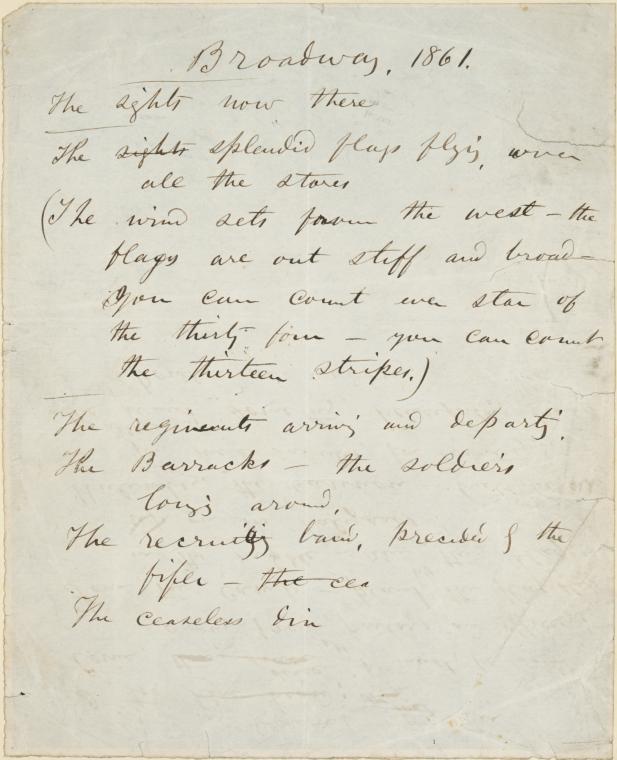
Love Transcending Boundaries: Whitman’s Exploration of Relationships and Desire
Whitman’s love life remains an intriguing aspect of his personal history. He is thought to have had relationships with both men and women, and his poetry often explores themes of love, sensuality, and desire. Although the true nature of Whitman’s relationships is still a subject of debate among scholars, his writings reflect a deep appreciation for love in all its forms, transcending societal norms of his time.
Test Your Knowledge with Our American Literature Trivia Quiz


